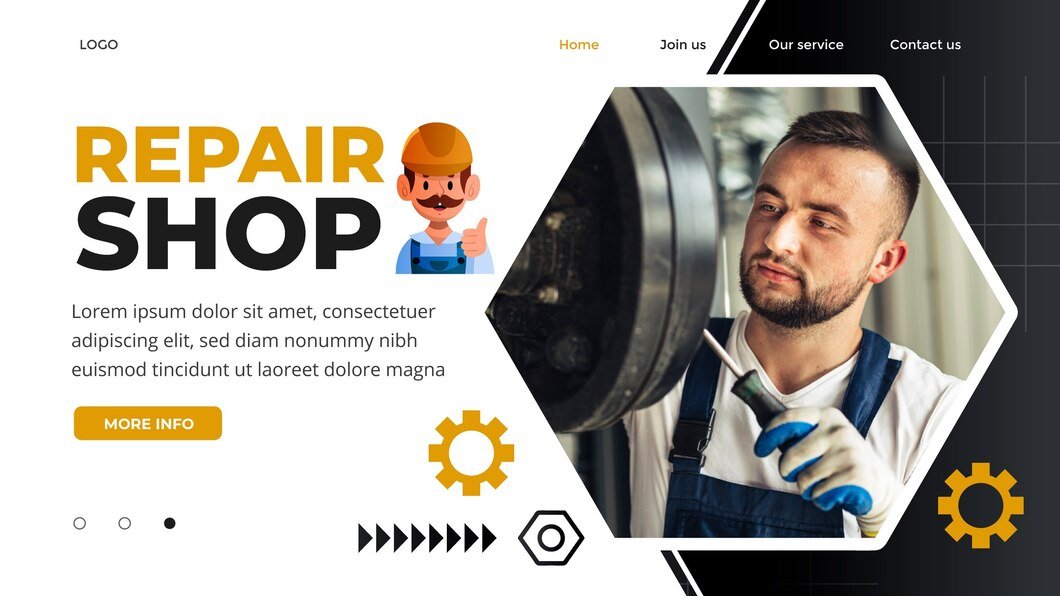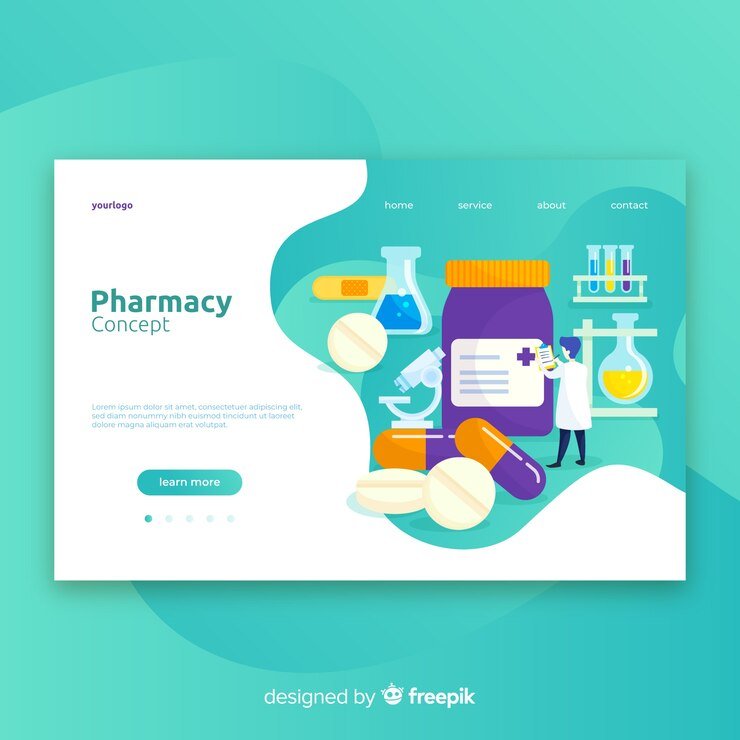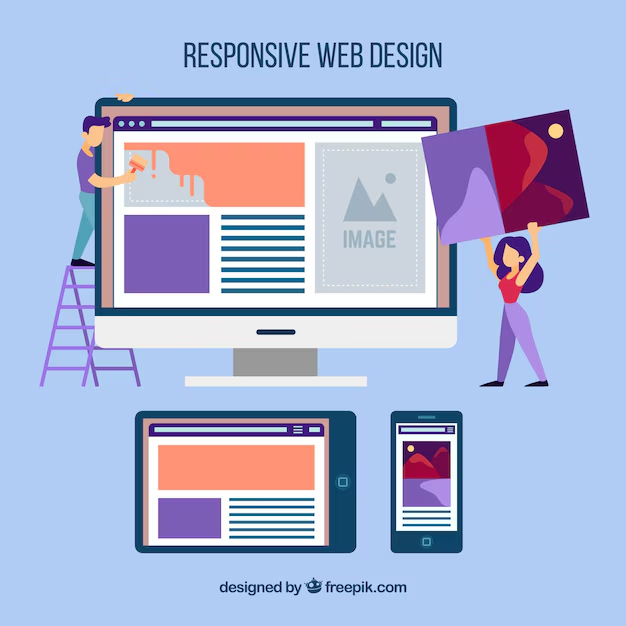In the ever-evolving world of e-commerce, choosing the right platform to build and manage your online store is a crucial decision. Two popular options that often come into consideration are WordPress and Shopify. Both platforms offer distinct features and benefits, catering to different needs and preferences. In this comprehensive comparison, we will delve into the strengths and weaknesses of WordPress and Shopify for e-commerce, helping you make an informed decision for your online business.
WordPress: The Flexible Giant
1. Flexibility and Customization:
WordPress is renowned for its flexibility and versatility. Originally a blogging platform, it has evolved into a powerful content management system (CMS) that can handle e-commerce seamlessly. One of the key advantages of WordPress is its ability to adapt to your unique business requirements. With its extensive library of plugins and themes, including the highly popular WooCommerce, you have the tools at your disposal to create a customized online store that matches your brand identity perfectly.
2. Total Control:
With WordPress, you have complete control over your e-commerce site. You can choose your hosting provider, customize the design, and extend functionality through plugins. This level of control allows for a high degree of creativity and innovation. You are not limited by the constraints of a proprietary system, giving you the freedom to experiment and make changes according to your business needs.
3. SEO-Friendly:
WordPress is inherently SEO-friendly, which is vital for the success of any e-commerce store. Its clean code structure, customizable URLs, and various SEO plugins make it easier to optimize your website for search engines. This can lead to better visibility and higher organic traffic, ultimately boosting your sales.
4. Cost Control:
While WordPress itself is open-source and free to use, there are associated costs you should consider. These include domain registration, hosting fees, premium themes, and plugins. However, the advantage here is that you can control and manage these expenses based on your budget and needs. You have the flexibility to start small and scale up as your business grows.
5. Learning Curve:
One of the potential drawbacks of WordPress is its steeper learning curve, particularly for beginners. Setting up and managing a WordPress e-commerce site requires a certain level of technical expertise. You may need to learn about hosting, security, and various plugins to make the most of the platform. However, the wealth of online resources, tutorials, and a supportive community can help ease this learning curve.
Shopify: The All-in-One Ecommerce Solution
1. Simplicity and Quick Setup:
Shopify is renowned for its simplicity and ease of use. It is a hosted e-commerce platform, which means it takes care of the technical aspects like hosting, security, and server maintenance. This makes it an ideal choice for entrepreneurs who want to launch their online stores quickly without dealing with complex technical details.
2. All-in-One Solution:
Shopify offers an all-in-one solution for e-commerce. It includes hosting, security, payment processing, and a range of e-commerce features right out of the box. You don’t need to worry about integrating different components or managing server infrastructure. This convenience can save you time and effort, especially if you’re just starting your e-commerce journey.
3. App Store:
Shopify boasts a robust app store with a wide array of apps and plugins that can extend the functionality of your online store. Whether you need to add social media integration, email marketing tools, or advanced inventory management, you can easily find and install apps to meet your specific needs. This flexibility allows you to tailor your store’s features without needing to develop custom solutions.
4. Templates and Design:
Shopify offers a variety of professionally designed templates that you can customize to fit your brand. These templates are mobile-responsive, ensuring that your store looks great and functions well on various devices. While customization options may not be as extensive as WordPress, they are user-friendly, allowing you to create a polished and professional-looking store without design expertise.
5. Cost Structure:
Shopify operates on a subscription-based model, which means you’ll have ongoing monthly expenses. The cost varies depending on your chosen plan, and while it includes hosting and essential e-commerce features, it’s important to factor in these recurring fees when planning your budget. However, for small businesses and startups, the convenience of an all-in-one solution can outweigh the cost.
Which Platform Is Right for You?
Choosing between WordPress and Shopify for your e-commerce business ultimately depends on your specific needs, goals, and preferences.
Choose WordPress If:
- You prioritize flexibility and want complete control over your website.
- You have technical skills or access to developers who can assist with customization and maintenance.
- You plan to integrate your e-commerce site with other types of content, such as a blog or portfolio.
- You want to optimize your site for search engines and have full control over SEO strategies.
Choose Shopify If:
- You prefer a hassle-free setup process and want to launch your online store quickly.
- You’re a beginner with limited technical knowledge or resources for managing hosting and security.
- You value the simplicity of an all-in-one solution and are willing to pay a subscription fee for convenience.
- You need a user-friendly platform that offers a range of e-commerce features and integrations.
In conclusion, both WordPress and Shopify are powerful platforms for e-commerce, each with its strengths and weaknesses. The choice between them boils down to your specific business requirements, technical expertise, and budget. Both platforms have helped countless entrepreneurs succeed in the world of online retail, and with the right approach, you can achieve your e-commerce goals with either WordPress or Shopify.








